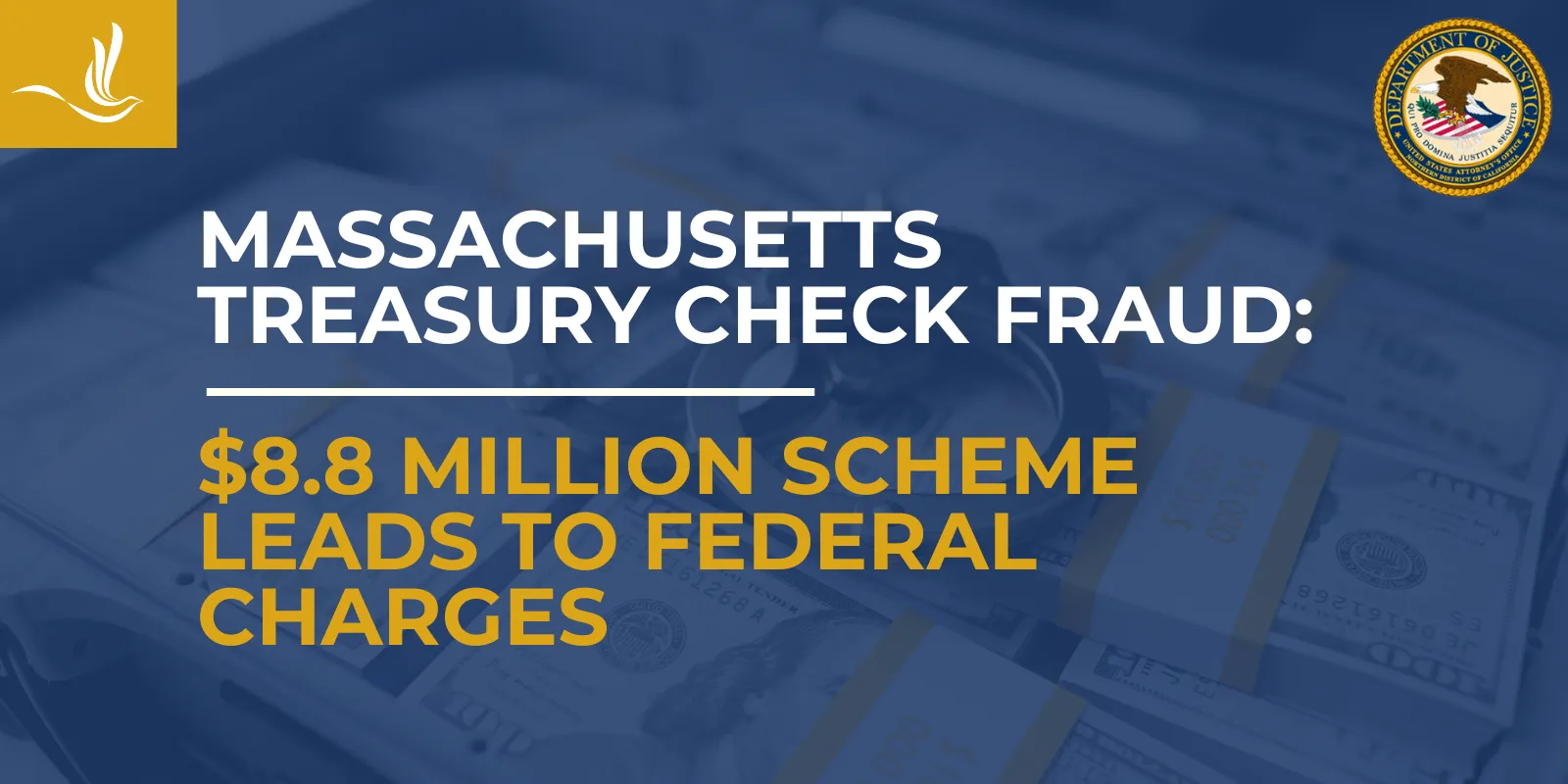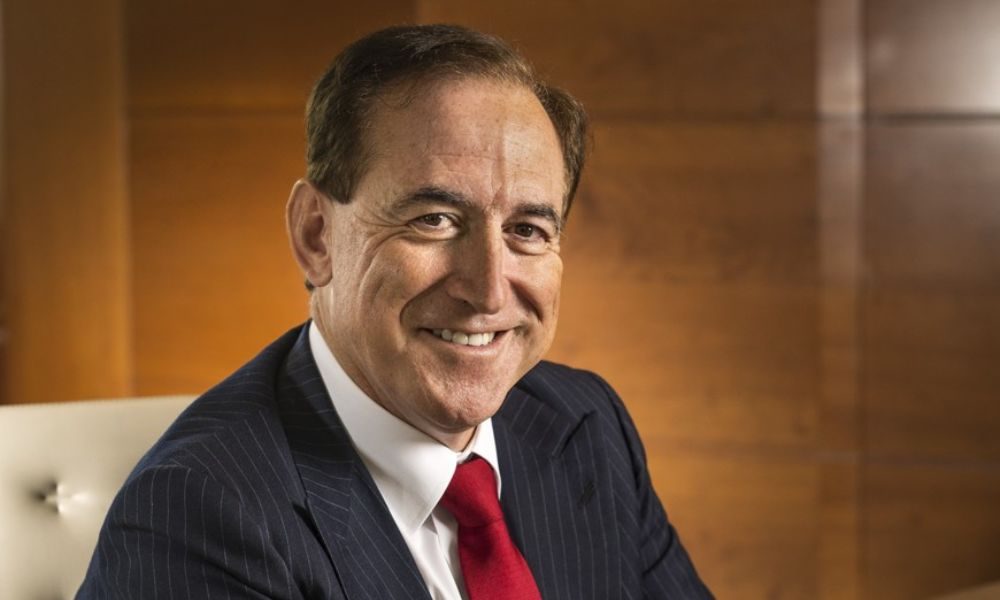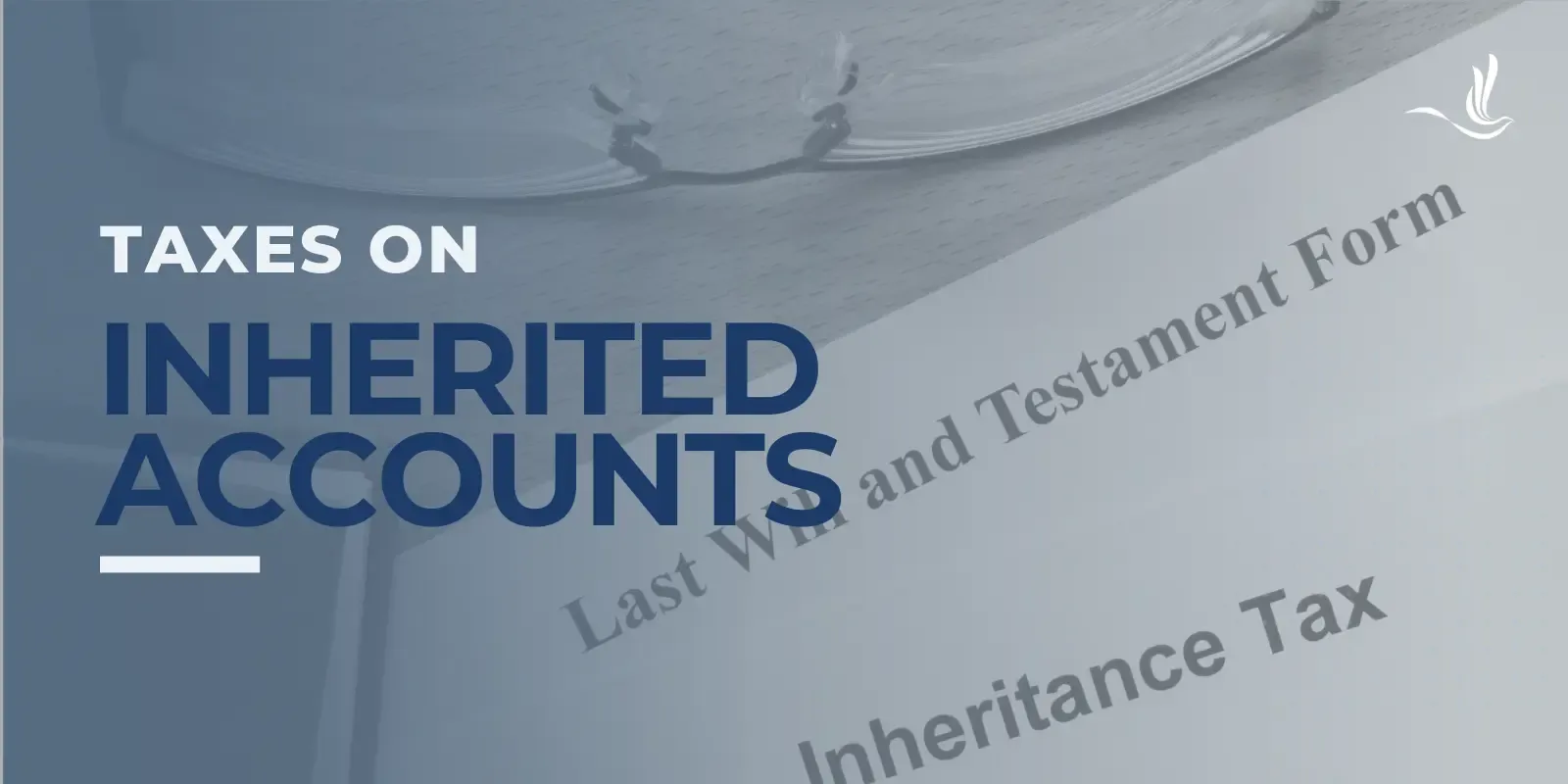In one of the largest Treasury check fraud cases to emerge from Massachusetts, federal authorities have charged eight individuals with allegedly stealing $8.8 million in tax refunds that belonged to legitimate taxpayers. The scheme unfolded across Eastern Massachusetts in 2023 and 2024, affecting multiple communities and financial institutions. Three of the eight defendants have already pleaded guilty, while two others remain at large. The case involves real taxpayers who didn’t receive their entitled tax refunds while criminals allegedly deposited the altered checks into accounts they controlled.
The Scope of the Fraud
According to charging documents, eight defendants throughout Eastern Massachusetts allegedly participated in the theft of tax refund checks totaling more than $8.8 million during 2023 and 2024.
The scheme wasn’t limited to a single location or institution. Defendants allegedly used multiple banks and credit unions in and around Metro Boston to deposit their fraudulent checks.
Each of the U.S. Treasury checks the defendants allegedly stole represented a tax refund or tax credit due to a legitimate taxpayer. However, these checks had been altered to be payable to shell companies that the defendants controlled.
As a result, many taxpayers were left empty-handed.
The alleged participants operated across multiple Eastern Massachusetts communities, including Brockton, Quincy, Leominster, Woburn, Framingham, and Hyde Park. By spreading their activities across different locations and financial institutions, the defendants allegedly created a network that might have been designed to avoid detection.
The Defendants and Individual Cases
Original Charges Filed in June 2025
The eight individuals charged in separate indictments allegedly stole amounts ranging from $150,000 to over $2.5 million:
- Gino Rosario Tyler Alexander Allegra, 31, of Brockton – charged with theft of $861,646 in government funds
- Eric Banks, 70, of Quincy – charged with theft of $1,173,482 in government funds
- Jesse El-Ghoul, 31, of Leominster – charged with theft of $1,355,863 in government funds
- Nnamdi Opara, 30, of Woburn – charged with theft of $700,767 in government funds
- Gurprit Singh, 34, of Framingham – charged with theft of $2,547,508 in government funds (largest individual amount)
- Amarpreet Singh, 33, of Framingham – charged with theft of $536,214 in government funds
- Lonnie Smith-Matthews, 33, of Hyde Park – charged with theft of $150,000 in government funds and bank fraud of $232,588
- Domingo Villari, 49, of Framingham – charged with theft of $1,288,575 in government funds
When the charges were initially filed, six of the defendants – Banks, El-Ghoul, G. Singh, Opara, Smith-Matthews, and Villari – were taken into federal custody. Allegra and A.
Singh remained at large.
Three Defendants Plead Guilty in September 2025
The case advanced significantly when three defendants decided to plead guilty, providing detailed information about how the scheme operated.
Domingo Villari’s Case: Domingo Villari, who was the sole owner and officer of Flipp Construction LLC, a construction company in Framingham, pleaded guilty to one count of theft of government money, one count of bank fraud, and seven counts of money laundering. According to the plea, in March 2024, Villari obtained a tax refund check that the U.S. Treasury had issued to a German company, which had been altered to be payable to Villari’s business. Villari deposited the check into an account he controlled, stealing $1,288,575 from the U.S.
Treasury.
Gurprit Singh’s Case: Gurprit Singh was the sole officer of a purported Massachusetts business called Café H, Inc. Although the business had never filed a tax return of any kind, Singh deposited four tax refund checks between January and June 2024, purportedly payable to his business. The checks had actually been issued to other companies and altered to be payable to Singh’s business. Singh stole a total of $2,547,508 from the U.S.
Treasury. Singh pleaded guilty to one count of wire fraud, four counts of theft of government money, one count of conspiracy to commit bank fraud, and one count of money laundering conspiracy.
Amarpreet Singh’s Case: In April 2024, Amarpreet Singh opened a business checking account in the name of Beattie Roofing, Inc., and listed herself as the company’s sole owner. In May 2024, Singh deposited a $536,214 U.S. Treasury check payable to the roofing company at a bank in Shrewsbury, Massachusetts.
The check had been issued to a financial trust in California, not to the roofing company. Singh pleaded guilty to one count of money laundering conspiracy, one count of theft of government money, and one count of bank fraud.
The Money Laundering Component
The defendants didn’t simply steal the money and spend it directly. Each defendant allegedly used their company bank accounts to launder the stolen funds. The typical method involved converting the stolen money into cashier’s checks made payable to other sham businesses in Massachusetts.
This additional layer was designed to distance the defendants from the original fraudulent deposits and make it more difficult for law enforcement to trace the stolen funds back to their source.
Federal Response and Law Enforcement Involvement
Multi-Agency Investigation
The investigation involved multiple federal agencies working in coordination. The U.S. Attorney’s Office for the District of Massachusetts led the prosecution, supported by the Internal Revenue Service Criminal Investigation (IRS-CI), the Treasury Inspector General for Tax Administration (TIGTA), and the U.S. Postal Inspection Service’s Boston Division.
The Needham Police Department provided valuable assistance.
Official Statements
United States Attorney Leah B. Foley stated that “these defendants stole millions in tax refunds owed to hardworking Americans and used Massachusetts businesses and community banks to defraud the U.S. Treasury.” Foley also warned potential criminals: “Would-be thieves should understand that taking government money is not a victimless crime. If you cash or deposit a refund check that you know is not yours, you will be prosecuted.”
Thomas Demeo, Acting Special Agent in Charge of the IRS-CI’s Boston Field Office, noted that “the theft and altering of Treasury checks is a growing issue that impacts all Americans.” Demeo stated that “IRS-CI will continue to work diligently to bring all those who prey on American taxpayers to justice.”
TIGTA Special Agent in Charge Michael Carpenter emphasized his agency’s mission “to protect the integrity of our nation’s tax administration system” and committed to “working with our law enforcement partners to ensure that those who violate federal laws are prosecuted to the fullest extent possible.”
Legal Consequences and Penalties
The defendants face substantial prison time and financial penalties:
- Theft of government funds – up to 10 years in prison, three years of supervised release, and a fine of up to $250,000
- Wire fraud – up to 20 years in prison, three years of supervised release, and a fine of up to $250,000
- Bank fraud – up to 30 years in prison, five years of supervised release, and a fine of up to $1 million
- Money laundering – up to 20 years in prison, three years of supervised release, and a fine of $500,000
Domingo Villari, Gurprit Singh, and Amarpreet Singh, who pleaded guilty, are scheduled for sentencing in December 2025.
U.S. District Court Chief Judge Denise J. Casper set sentencing dates of December 16, December 22, and December 22, 2025, respectively. Sentences will be imposed based upon the U.S.
Sentencing Guidelines and statutes that govern criminal sentencing.
Broader Implications
When criminals steal tax refund checks, legitimate taxpayers don’t receive the money they’re owed. Treasury check fraud also undermines confidence in the tax refund system and creates additional administrative burdens for the Treasury Department, which must verify legitimate claims and investigate fraudulent ones.
Federal officials have noted that Treasury check theft is a “growing issue.” The multi-agency response to this case demonstrates the importance of coordination between different law enforcement entities. The combination of federal agencies with specialized expertise in tax crimes, financial investigations, and postal crimes, along with local police support, reflects the resources required for modern financial crime investigations.
Conclusion
This $8.8 million scheme wasn’t just about stolen checks. It was also about stolen trust.
Each fraudulent deposit represented a taxpayer left waiting for money that never arrived, and every fake business used in the scheme chipped away at confidence in the systems meant to protect taxpayers.
The guilty pleas already secured show how seriously prosecutors are taking this case, and the harsh penalties on the table make it clear that crimes like this won’t be treated lightly. However, with two defendants still at large and officials warning that Treasury check fraud is on the rise, this investigation is also a reminder that the fight against financial crime is not over. This case shows the scale of fraud that can occur and the coordination required to address it, highlighting the government’s ongoing focus on protecting the tax system.
For more details, see the U.S. Attorney’s Office District of Massachusetts press releases: “Eight Charged in Federal Crackdown on Treasury Check Fraud” (June 2025) and “Three Plead Guilty in Federal Crackdown on Treasury Check Fraud” (September 2025).
Disclaimer: This story is auto-aggregated by a computer program and has not been created or edited by finopulse.
Publisher: Source link







